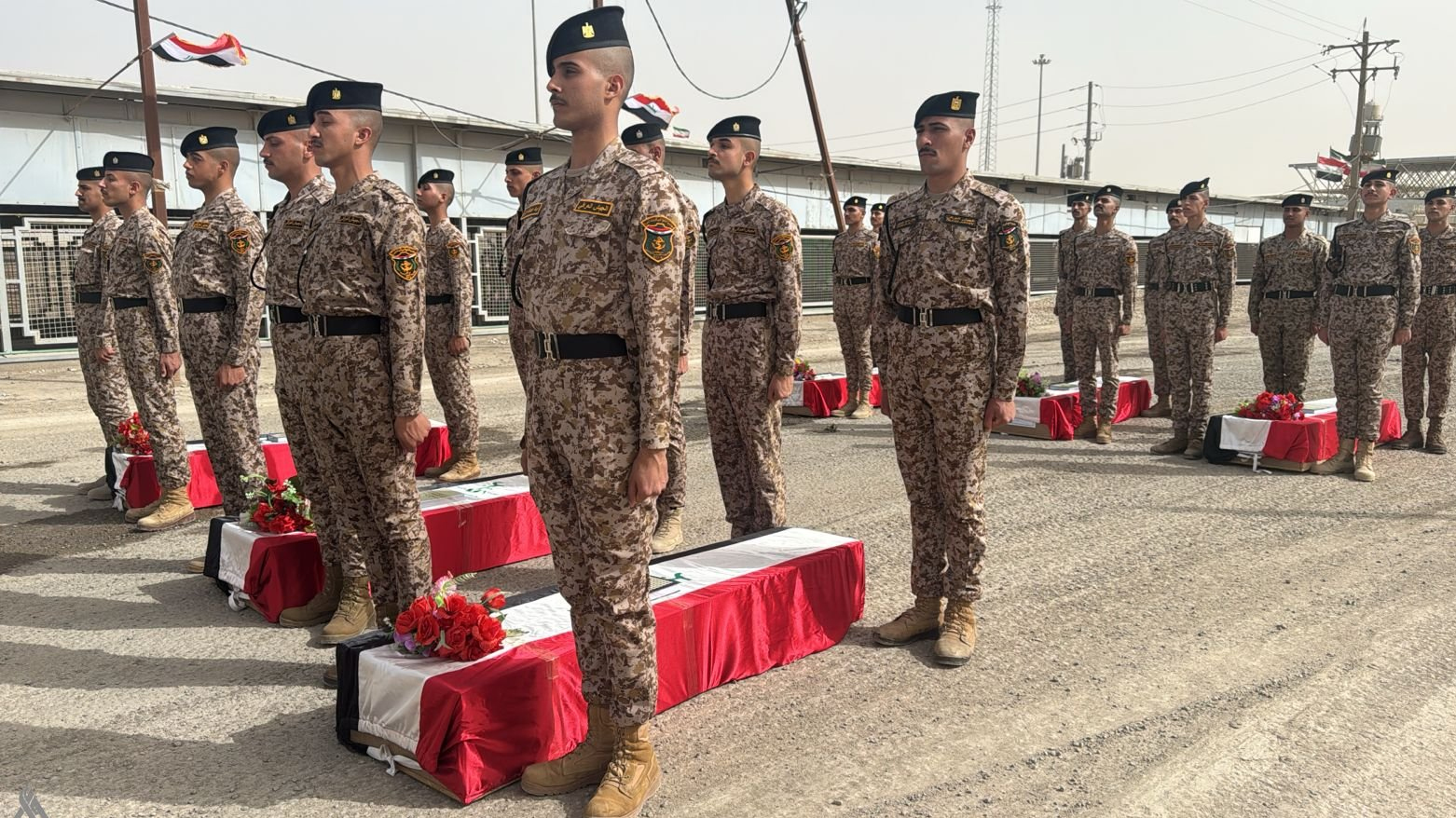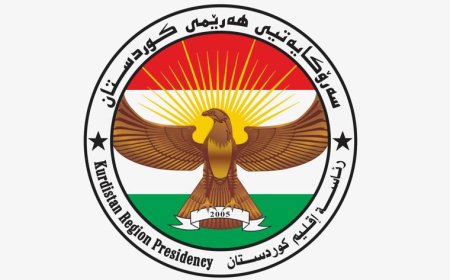Iran’s Kurdish border porters highlight the hardship of their job

ERBIL, Kurdistan Region - Kolbars, the Kurdish term for cross-border porters, describe the hardships of their work along the Kurdistan Region’s borders with Iran. Originally from Iran’s Kurdish areas, these porters struggle to make ends meet due to high living costs at home.
The job used to be illegal and often risky as those detected by Iranian border guards were shot before a bill was passed in the parliament last year. Now, each kolbar is allowed to work three days a week and can transport 10 to 30 kilograms of goods and items per day.
“Those who are really in need come to do this work. Previously it was better as we were allowed to come do this work every day, but now they [Iranian government] have limited it to two days a week. One of my sons is a soldier and another son is unemployed. I live in a rental house. Therefore, I have to [do this job],” lamented Halaw Ahmed, a Kurdish woman, to Rudaw on Saturday while carrying goods she had bought in Erbil province’s Haji Omaran, a border town, to sell at home at a higher price.
The beneficiaries of this trade are poor and low-income border residents on the Iranian side, who have been issued work cards by the Iranian government. The most common goods transported from the Kurdistan Region to Iran are fabric, tea, coffee, and auto parts.
“We have no other work and prices have gone up so much that only with 10 people working can we manage to cover household expenses,” said Bayiz Pir Niya, an elderly kolbar speaking to Rudaw at Haji Omaran border crossing before returning to Iran.
More than 5,000 residents of Iran's border areas have been given kolbari work cards and their movement is official through the Haji Omaran residence and passport department. According to the border crossing statistics, 1,000 to 1,500 kolbars come and go daily, and 60 tons of goods and items are transported from the Kurdistan Region to Iran.
[Source: Rûdaw English]











/file/attachments/orphans/AWS_Data_Center_Interior_4_838807.jpg)






/file/attachments/2988/P1YoungLeaders_622876.jpg)






























